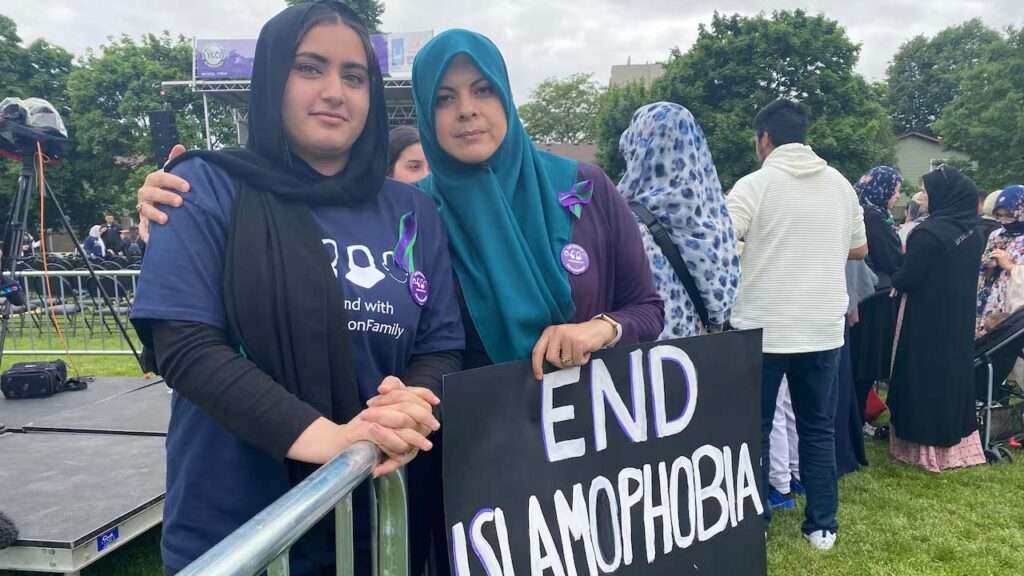
Islamophobia, defined as prejudice, discrimination, and antagonism against Islam and Muslims, has emerged as a significant social issue in contemporary multicultural societies. This phenomenon is influenced by a complex interplay of historical, political, and socio-economic factors, particularly in the context of globalization, terrorism, and media representation. The consequences of Islamophobia extend beyond individual acts of discrimination, affecting social cohesion, community relations, and policy-making within diverse societies.
Historical Context
The roots of Islamophobia can be traced back to historical encounters between the Islamic world and the West, often marked by conflict, colonialism, and misrepresentation. Events such as the September 11 attacks in the United States and subsequent terrorist incidents in Europe and other regions have exacerbated negative perceptions of Islam, leading to increased scrutiny and stereotyping of Muslim communities. These historical narratives shape public discourse, contributing to a climate of fear and misunderstanding.
Factors Contributing to Islamophobia
-
Media Representation: The portrayal of Muslims in the media often emphasizes negative stereotypes, associating Islam with violence and extremism. This selective representation fuels public fear and perpetuates misinformation, leading to widespread societal bias.
-
Political Rhetoric: Politicians and public figures sometimes exploit Islamophobia for electoral gains, using anti-Muslim sentiment to rally support. This rhetoric can normalize prejudice and lead to the implementation of discriminatory policies.
-
Globalization and Terrorism: The rise of global terrorism, often attributed to extremist interpretations of Islam, has created a narrative that equates Islam with violence. This generalization ignores the diversity within Islamic thought and the majority of Muslims who advocate for peace.
Consequences of Islamophobia
-
Social Division: Islamophobia contributes to the fragmentation of multicultural societies, fostering an “us vs. them” mentality. This division undermines social cohesion and community trust, making it difficult for diverse groups to engage in constructive dialogue.
-
Discrimination and Violence: Muslims frequently experience discrimination in various forms, including employment bias, hate crimes, and social ostracism. Such experiences can lead to psychological distress, fear, and alienation within Muslim communities.
-
Policy Implications: Islamophobic sentiment can influence public policy, leading to increased surveillance of Muslim communities, restrictive immigration policies, and the erosion of civil liberties. These measures can create an environment of suspicion and mistrust between state authorities and Muslim populations.
-
Impact on Identity and Belonging: Muslims living in multicultural societies often struggle with their identity, feeling pressure to conform to the dominant culture while facing discrimination. This internal conflict can lead to issues related to self-esteem and social integration.
Combating Islamophobia
-
Education and Awareness: Promoting understanding and awareness of Islamic beliefs and practices through education can help dispel myths and challenge stereotypes. Interfaith dialogues and community outreach programs can foster mutual respect.
-
Media Responsibility: Media outlets play a crucial role in shaping perceptions of Islam. Responsible reporting that highlights positive stories and diverse Muslim voices can counteract negative stereotypes and promote a more nuanced understanding.
-
Policy Reform: Governments should implement policies that protect against discrimination and promote equality. Engaging with Muslim communities in policy-making can ensure that their voices are heard and their rights are upheld.
-
Community Engagement: Encouraging collaboration between different cultural and religious groups can build solidarity and understanding. Community initiatives that celebrate diversity can strengthen social bonds and promote inclusivity.
Conclusion
Islamophobia presents significant challenges for modern multicultural societies, undermining social cohesion and fostering division. Addressing the root causes of Islamophobia through education, responsible media representation, and inclusive policies is essential for building a more harmonious society. By recognizing and valuing diversity, communities can work towards a future where all individuals, regardless of their faith, feel accepted and valued.
